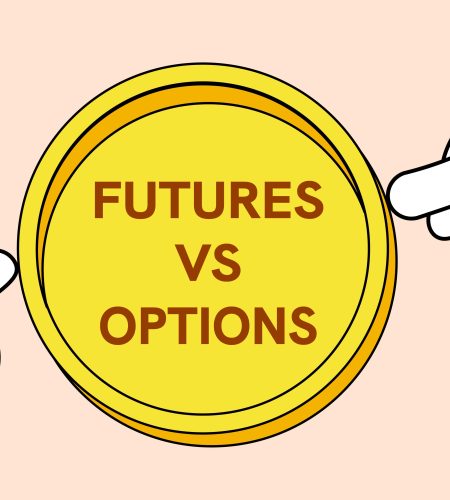Options and futures are both powerful instruments in the financial arena. They’re derivatives, meaning their value is tied to an underlying asset. However, they have distinct differences that shape their usage, risk profiles, and potential benefits. Let’s delve into these differences:
Futures trading involves a standardized contract, while options trading revolves around a right to buy or sell. The key question in futures trading is whether physical delivery will occur upon the contract’s expiration, while in options trading, the crux is whether the right should be exercised.
2. Rights and Obligations
Options are unilateral contracts. An option buyer can decide whether to exercise the right to buy or sell the underlying asset, having paid the premium. This choice comes without any obligation. Futures, on the other hand, are bilateral contracts and aren’t as flexible. Both parties in a futures contract must fulfil the obligation of delivering or accepting the underlying asset upon contract expiry. To avoid actual delivery, they must hedge during the contract’s effective period.
3. Investment Strategies
The strategies you can employ with options are more diverse than with futures. Options buyers can select different types of options based on market volatility, enabling varied investment strategies like buying call options, put options, or a mix of options.
Futures strategies are somewhat straightforward in comparison. Futures trading hinges on investors’ future price predictions. If they foresee a price rise, they buy futures contracts. If they anticipate a price drop, they sell futures contracts. Yet, a blend of futures and options trading is often considered a sophisticated investment approach.
The cost of trading options is typically lower than futures. An options buyer only needs to pay a premium, with no margin requirement to execute the trade. Conversely, both buyers and sellers of futures contracts must pay a percentage of the margin to execute their trade.
Options provide better risk control than futures. If the market price doesn’t favor an options buyer, they can choose to forfeit the right, limiting their maximum loss to the premium paid for the option. Futures trading carries higher risk, as investors must deliver or accept the underlying asset upon the contract’s expiration. Thus, both futures contract buyers and sellers face potentially unlimited profits or losses.
In essence, the choice between options and futures depends on your investment goals, risk tolerance, and market outlook. Options provide more flexibility and lower risk at the cost of a premium, while futures offer unlimited profit potential but also carry substantial risk.

Comments